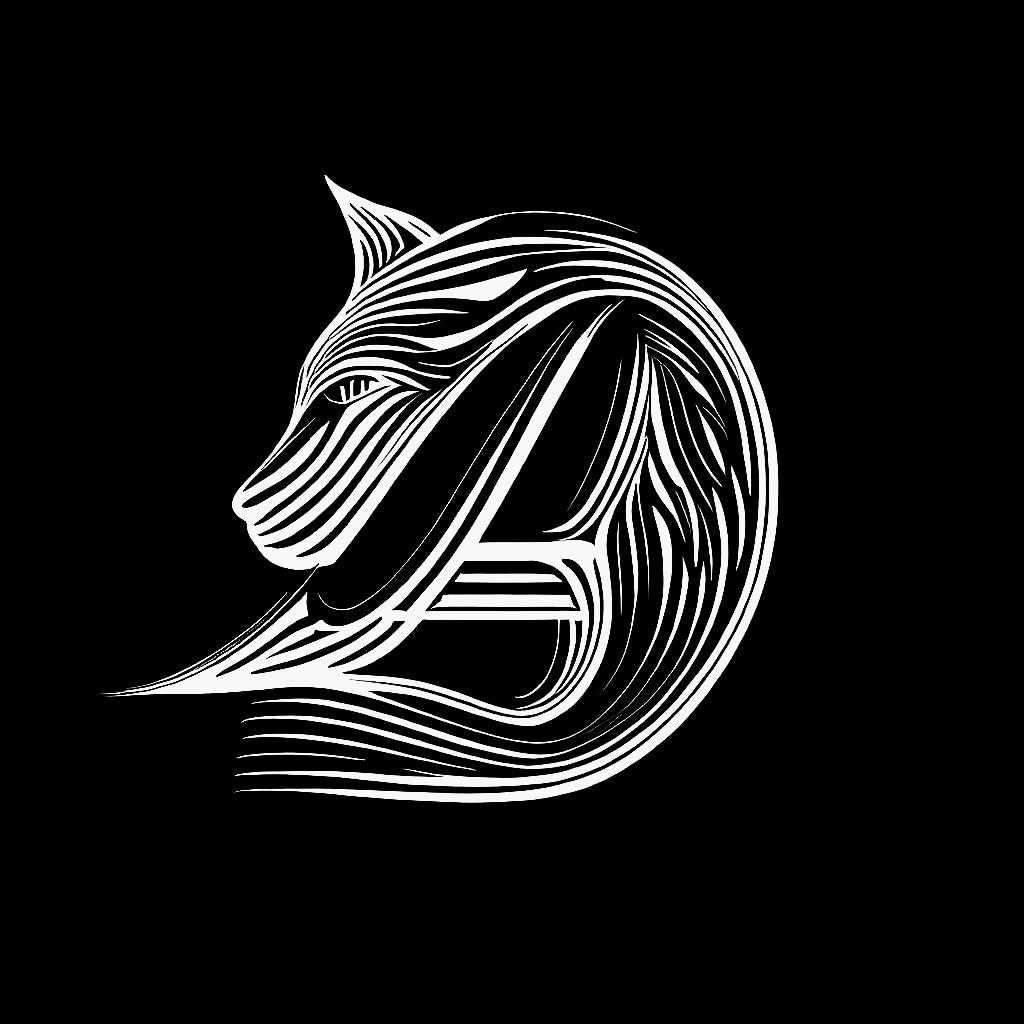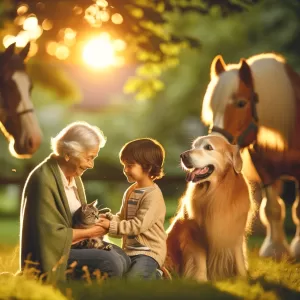The therapeutic bond shared between humans and animals emerges as a universal thread of healing and comfort. Pet therapy, transcending the boundaries of nations and traditions, offers a profound testament to the power of non-verbal communication in healing the human spirit. This article takes you on a nuanced journey through the various cultural landscapes where animals emerge not just as companions, but as healers and confidants.
The Timeless Bond: Historical Vignettes of Animal Healing
The practice of seeking solace in animals can be traced back to ancient civilizations. In the temples of Egypt, cats were revered not only for their grace but for their calming presence, believed to ward off evil spirits and bring health. In ancient Greece, the therapeutic riding of horses was documented as a remedy for those suffering from incurable ailments. These historical vignettes offer a window into the past, where the foundation for today’s pet therapy was laid in reverence and understanding.
Eastern Harmony: Animals in the Balance of Life
In Eastern cultures, the relationship with animals is deeply embedded in the ethos of harmony and spiritual well-being. In Japan, the Zen-like practice of watching Koi fish, with their tranquil and rhythmic swimming patterns, is a form of aquatic therapy that promotes inner peace. In China, the tradition of bird-keeping is seen as a way to connect with nature and find balance in the hectic pace of life, with the morning songs of birds providing a meditative start to the day.
Western Innovations: Structured Pathways of Animal-Assisted Therapy
The Western approach to pet therapy often takes a more structured form. In the United States and Europe, therapy animals are integrated into medical, educational, and social work settings. Personal accounts from patients in hospitals who have experienced the joy and comfort brought by a visiting therapy dog, or stories from children with autism who have found a voice through their bond with a therapy animal, highlight the profound impact of these programs.
Canine Comfort: Dogs as Global Ambassadors of Healing
Dogs, with their innate ability to offer unconditional love, serve as global ambassadors of pet therapy. From guide dogs aiding the visually impaired in navigating the complexities of the world, to therapy dogs being part of mental health interventions in areas struck by tragedy, their roles are as diverse as they are impactful. These stories transcend cultural differences, emphasizing the universal language of empathy and companionship that dogs speak.
The Grace of Horses: Galloping Across Cultural Boundaries
The use of horses in therapy is a practice that resonates across the globe. From the rolling hills of England to the vast plains of the American West, equine therapy has been harnessed to heal. The narrative of a veteran finding solace in the company of a gentle horse, or a child with physical disabilities discovering new strengths through equine-assisted therapy, speaks volumes about the transcendent power of human-equine relationships.
A World of Healing Companions: The Diversity of Therapeutic Animals
Beyond dogs and horses, a variety of animals play a role in healing across cultures. In nursing homes, cats with their soothing purrs provide comfort to the elderly, while in therapeutic settings, the presence of birds, rabbits, and even guinea pigs offer a gentle form of companionship, proving that healing comes in many forms and sizes.
The Universal Symphony of Pet Therapy
This exploration of pet therapy across cultures reveals a powerful truth: the healing language of animals is universal. From a dog’s empathetic gaze to a cat’s rhythmic purring, animals have a unique ability to provide comfort, joy, and emotional support. In this global tapestry of pet therapy, each thread – whether it be a paw, a hoof, or a feather – weaves a story of healing and connection, demonstrating the timeless and borderless bond between humans and their animal companions.








